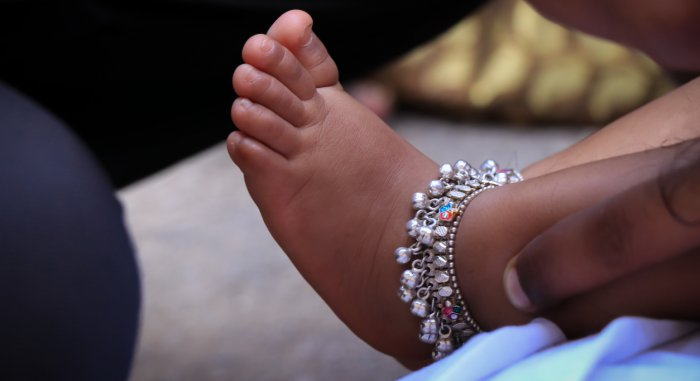Karnataka has performed better pertaining to all elements of women’s reproductive health and child health, according to the National Family Health Survey-5 (2019-20), which was presented by the Government of India on Saturday.
The sex ration in Karnataka has also improved, with 979 females to 1,000 males in 2015-16 to 1,034. Alongside, the neonatal mortality rate has improved from 18.5 per cent to 15.8 per cent.
But, the reports iterate that family planning is still much adhering to women’s steps, as female sterilization has risen from 48.6 per cent to 57.4 per cent, and in contrast, male sterilization is negligible and almost zero, being abysmal 0.1 % in 2015-16.
Some figures have been of rising concern, particularly regarding consumption of folic acid and iron by pregnant women considering a period of 180 days, has come down from 32.6 per cent five years ago to 26.7 % now.
The government along with UNICEF are constantly working on the goal of ‘Anaemia-Mukt Bharat’ as around 49.4 per cent of the young women from 15-19 years of age gap are anaemic.
Dr Hema Divakar, ex-president, Federation of Obstetrics and Gynaecological Societies of India (FOGSI), said, “It is worrying that half the adolescent girls are anaemic. It can be tackled through proper nutrition and by giving deworming tablets once in six months and iron supplements once every week.”
She further said, “Even in public hospitals, if not anything else, these are given free of cost,” adding that the private hospitals which cater to 60 per cent of the people, have pharma companies dumping the supplements of iron and folic acid which are given then to the patients.
Divakar further said, “Oral iron should be taken after the first trimester and during pre-pregnancy. Even during lactation, women are advised to take it as they lose blood in the delivery.”
“I am concerned that breastfeeding practices are not improving and have dropped in initiation within one hour of birth,” said Dr Giridhar Babu, Epidemiologist, Pubic Health Foundation of India. Further, the count of children breastfed within one hour of birth have dropped from56.3 per cent to 49.1 per cent. Dr Hema Divakar said, “Breastfeeding helps in decreasing pregnancy obesity and prevents women from getting type-2 diabetes. Women who are overweight or obese has increased from 23% to 30% as per NFHS-5. There is also a far-reaching association between women who don’t breastfeed and breast cancer.”


